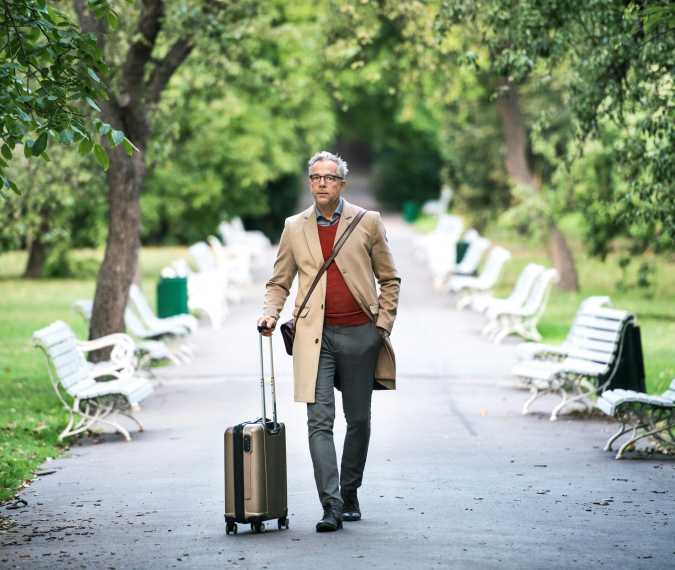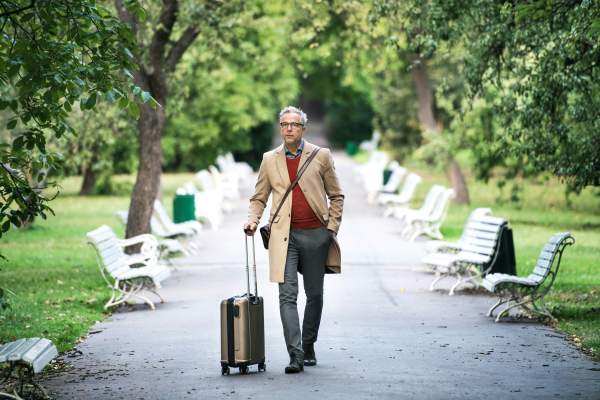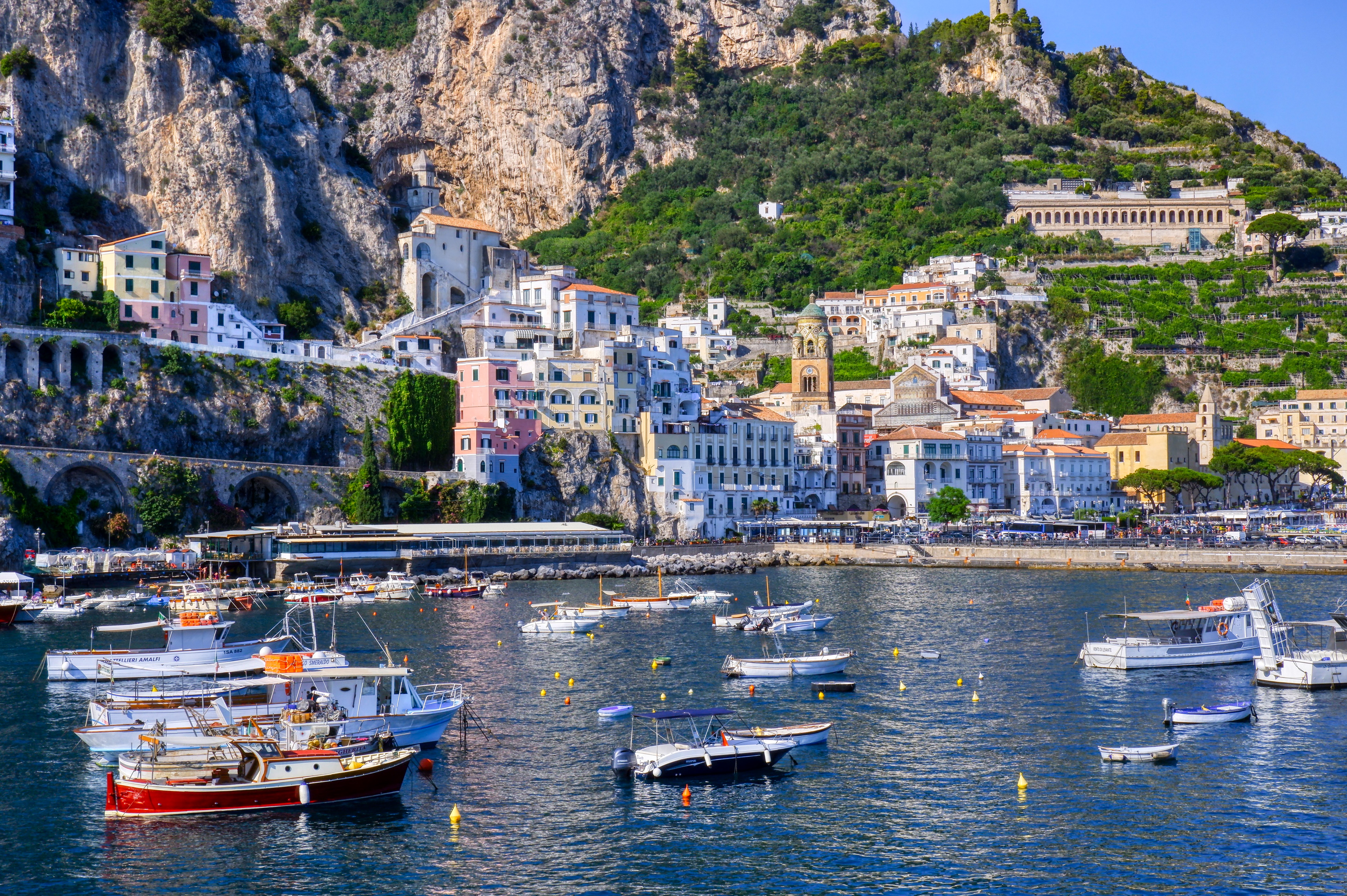
Another European country is cracking down on Airbnb
Short-term rental platforms like Airbnb have become a double-edged sword for many European cities in recent years. While they bring in tourists and boost the local economy, they also drive up rent prices, contribute to housing shortages, and often operate outside the tax system. Now, following in the footsteps of cities like London, Dublin, Amsterdam, and Paris, Czechia is gearing up to impose stricter regulations on short-term rentals to balance the scales between tourism and local living conditions.
In many popular tourist destinations, locals increasingly find themselves priced out of their neighborhoods. Short-term rentals have made it more profitable for property owners to rent to tourists rather than long-term residents, leading to a decrease in the availability of affordable housing. Prague, a historic city teeming with cultural and architectural marvels, is no exception. The influx of tourists has contributed to a surge in rental prices, making it difficult for locals to find affordable housing.
Beyond the issue of housing, there's also a significant financial cost associated with unregulated short-term rentals. A considerable portion of stays facilitated by platforms like Airbnb go unreported, leading to substantial losses in tax revenue. In Czechia, officials estimate that between 40 to 70 percent of these rentals are not reported, potentially resulting in up to €32 million in lost taxes annually.
To address these issues, the Czech government has put forward a draft bill that, if approved, could significantly limit the availability of short-term tourist accommodation in cities like Prague.
The draft bill, which the government approved earlier this month, is designed to give municipalities and cities the authority to regulate short-term rentals more tightly. This legislation is part of a broader effort to mitigate the negative impacts of mass tourism on local communities.

Photo: unsplash.com
The measures being considered include capping the number of days a property can be rented each year and establishing a minimum space requirement per guest. These restrictions are intended to curb the overuse of residential properties as tourist accommodations and ensure that they remain viable living spaces for locals.
Additionally, property owners would be required to register their accommodations and guest details through a new platform called eTurista. This platform would provide a registration number that must be displayed on all accommodation listings, bringing Airbnb-style rentals more in line with traditional hotels in terms of regulation and tax obligations.
These measures are not entirely unprecedented. Cities like London, Dublin, Amsterdam, and Paris have already implemented similar regulations to regain control over their housing markets and ensure that short-term rentals do not disproportionately impact local communities. Czechia's approach aligns with these efforts, reflecting a growing trend among European cities to counter the unchecked growth of short-term rentals.
One of the primary goals of these new regulations is to bring down real estate prices in tourist-heavy areas. By limiting the number of properties available for short-term rentals, the government hopes to increase housing availability for locals, thereby reducing the upward pressure on rent prices.
Introducing the tourist platform represents a significant step forward in oversight and regulation. By requiring property owners to register their rentals and report guest details, the government will be better equipped to monitor and manage the short-term rental market. This increased oversight could help to curb illegal or unregistered rentals, ensuring that all hosts comply with local laws and regulations.
With more stringent regulations and better reporting mechanisms, the government also can recover significant lost tax revenue. By bringing short-term rentals into the formal economy, Czechia could recoup millions of euros in taxes currently going uncollected.
The proposed regulations on short-term rentals are just one part of Prague's broader strategy to manage tourism's impact on the city.
In addition to regulating accommodations, Prague has taken steps to address the noise and disturbances caused by tourists, particularly in the city's historic Old Town. Earlier this year, one district council proposed banning outlandish costumes often worn by stag and hen parties, which have become synonymous with loud and rowdy behavior in the city's famous nightlife district.
In July, a ban on cars entering part of the Old Town at night was approved as part of efforts to reduce noise levels in the area. This measure prevents vehicles from entering the historic district between 10 PM and 6 AM, aiming to create a quieter and more livable environment for residents.
These efforts have generally been well-received by residents and officials, who have long expressed frustration with the negative impacts of mass tourism. Limiting the number of tourist apartments and enforcing stricter regulations, the city hopes to create a more balanced and sustainable approach to tourism.
Czechia's proposed regulations on short-term rentals represent a significant step towards addressing the challenges posed by mass tourism in cities like Prague. By limiting the number of rental days, introducing stricter reporting requirements, and enhancing local oversight, the government hopes to create a more balanced and sustainable approach to tourism. While there are challenges and concerns associated with these changes, the potential benefits for residents and the broader economy could be substantial. As other European cities continue to grapple with similar issues, Czechia's approach may serve as a model for how to strike a balance between welcoming tourists and preserving the quality of life for residents.


